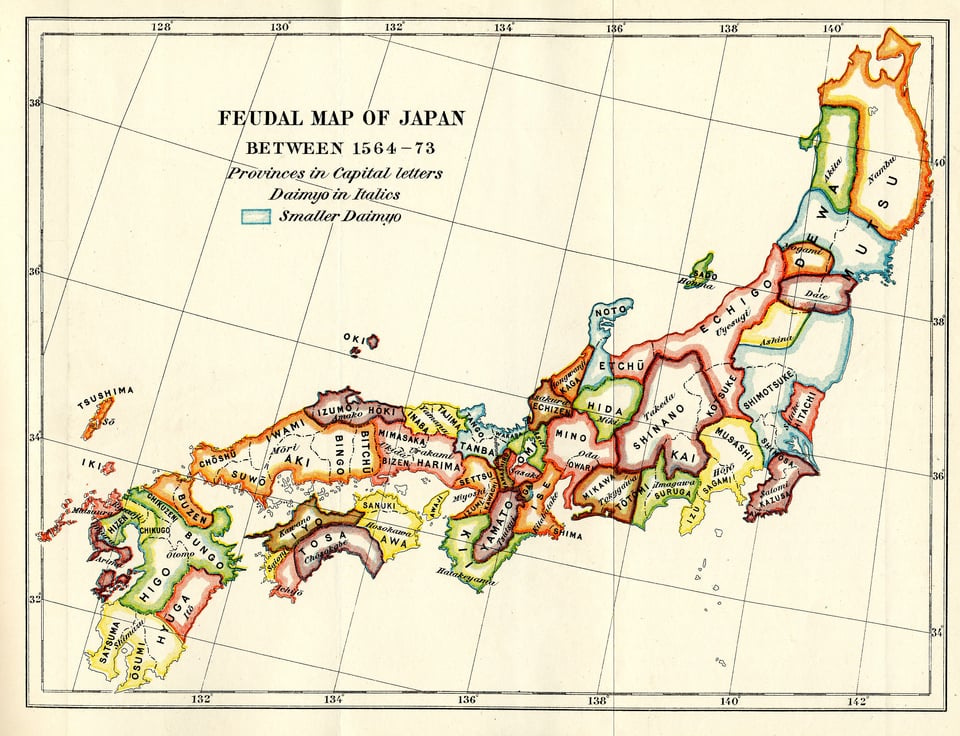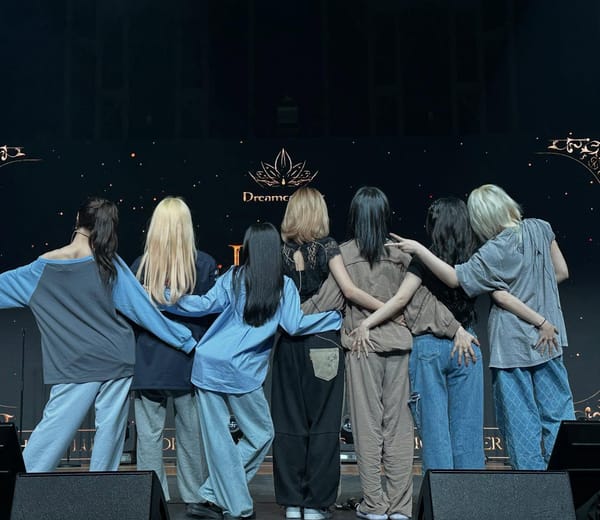The Social Media Feudalism Era
Changes to long-time platforms such as X/Twitter, Reddit, and more may signal that a fractured set of social media communities is in our future.

Since I’ve basically been working on content creation (mostly in text) for the last 3 years or so, I’ve always had a dilemma about which social media platforms to use. While I have a mild following on X/Twitter as well as Facebook, other platforms, like Instagram, I just simply haven’t been able to get traction in.
The game, of course, changed a year ago, when the purchase of Twitter resulted in a bunch of different changes (many of which I disagree with in principle if not in practice) that threw the status of social media as a whole into a bit of chaos. As a result, people have been inundated with alternatives to short-form commentary online, from decentralized Mastodon to (currently) invite-only Bluesky and Instagram-powered Threads.
During this bit of upheaval, as X/Twitter arguably continues a puzzling but undoubtedly gradual change towards a very different platform than it was a year ago, the question that I’ve been hearing asked repeatedly was “what will replace Twitter”? What will topple a platform that has been so ingrained in the public mind that a dictionary entry for some of its practices has been established? Will the platform ever permanently sink into the morass of irrelevance, following such once-mighty places as Digg or Fark?

The answer is, at least as of this writing, nobody knows. Even though X/Twitter is arguably losing users, it still remains one of social media’s most used platforms, in part because the inertia and uncertainty surrounding brands and other high-follower accounts has been sluggish at best and glacial at works. But I’m here to ask a different question.
Why does it matter?
Back in the days when whole identities, brands, and yes, lucrativeness weren’t built on social media, it would have been fine to ask and to answer a question of what platform would replace another. But the culture of social media, for good or for ill, that relies on metrics, engagement, shared opinions, and quick takes, has been changed just about irrevocably by the rise of Twitter, Facebook, Reddit, and other platforms that have dominated the social media landscape for close to over a decade. People have gotten comfortable and are in some cases well-entrenched or have to remain on platforms in order to keep up connections or work professionally. I know I do - though I personally have many misgivings about X/Twitter, and have greatly reduced the scope of what I’m doing on there due to recent privacy concerns, I’m still on there - for now - because of the reach it natively provides.
But maybe no platform needs to replace Twitter. Instead, perhaps there need only be a steady stream and persistent presence of viable alternatives that can stick around, each with their own ideas about how to run things - the online version of feudalism.

I won’t pretend to have a deep historical understanding to compare what we’re seeing online to specific historical events in periods such as the age of warning states in Japan. I’ll only say that the jockeying for position, different-sized online territories, and presence of prominent figures on each platform does remind me of my brief study of that period and is, at times, quite feudalistic. People seem to be so focused on having a single, dominant platform for the short-form blogging that X/Twitter has made famous without understanding that it’s entirely possible to have more than one in the same space.
Each platform, like the fiefdoms shown above, has leadership in place, a citizenry that may have some sense of loyalty to the platform they espouse, and ideas as to how it should be run. As someone who’s traveled frequently between territories - uh, I mean, platforms, there’s definitely distinct flavor to how Twitter operates, versus Mastodon, versus Bluesky, and so on. While there are some similarities (and certainly a desire for uniform features that generally make sense to have no matter what platform you’re on), I’ve found it curious how each social media grouping deals with what it feels should be on main feeds, who are the prominent voices, and what should be the topics of the day that get engagement.

Such competition also has the potential to drive innovation. The problem with the formerly static landscape was that there was little motivation to do more than what was required (and in some cases, less than what was required). The sudden presence of a feuding social media platform, one that can stand on its own two feet, has the ability to remove that complacency and ensure that there are fresh and new ideas to conduct social media activity. These changes could be as subtle as offering a way for people to curate their own feeds (such as with Bluesky) or even to moderate and oversee their own instances (such as with Mastodon). These may seem like small changes, but workable ideas that users resonate with have a way of making their way into the general social media ecosystem and to eventually become core features.

Now, all of this social media feudalism might seem like it’s a bit optimistic - after all, the warring states period in Japan did end with unification under a single shogunate. But I do think that even if the various other social media platforms out there don’t entirely conquer, subjugate, or otherwise shrink the territory of the dark monolith lord that is Twitter currently, this separation and somewhat tenuous co-existence is still a net positive for the future of social media and part of that is due to each territory’s citizenry.
While we can certainly choose to stay in one place, pledge loyalty to one home, that’s not a requirement. We’re not bound by traditional borders or restrictions and for the most part can come and go between social media fiefdoms as we see fit. Best of all, it’s possible to reap the benefits of as many of them as possible. Could it be that we see one of these social media mini-kingdoms (or even one of the large ones) fall? Sure, quite a few things are possible in this online version of feudalism. We just have to remember that we have more agency to affect that than we think.




